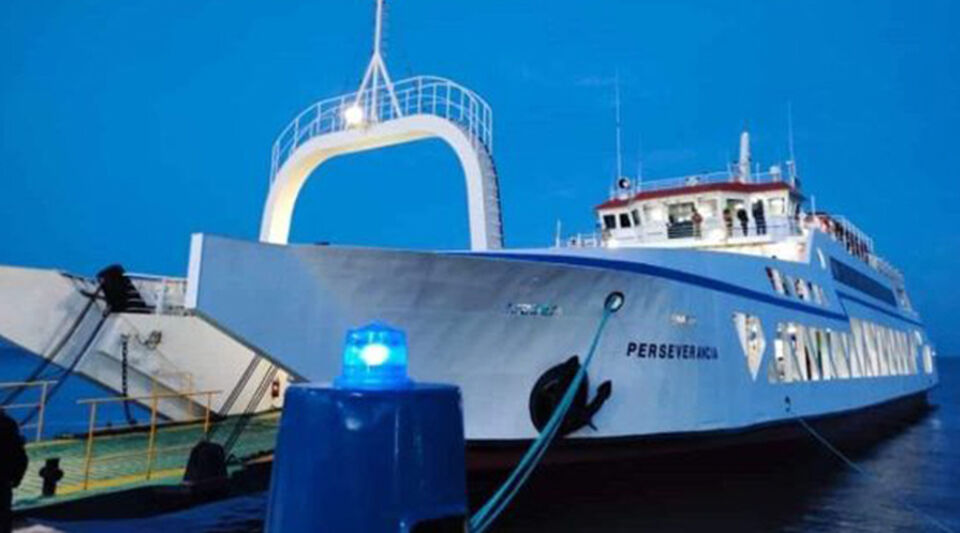Through sustained actions, the Ministry of Health (MINSA) attacks vector-borne diseases such as dengue and malaria on all fronts.
With respect to dengue, the increase that is registered is from cases typical of the season that occurs with the beginning of the rainy season; However, the Ministry of Health has been carrying out specific actions for the comprehensive control of the mosquito, distributed in all regions of the country, explained Dr. Carmen Pérez, MINSA’s head of Vectors, who added that initially the routine control of each region is carried out, additionally, a regional strategy is being carried out in which vector technicians from other regions are concentrated to support areas where cases have occurred and it is determined to take collective action.
“For those of us who live in urban areas, there is a greater distribution of Aedes, both Aegypty and Albopictus, but it is interesting that the hatcheries are created by us, so it is important to cover them if they are for human consumption and discard them to prevent them from becoming hatcheries, since fumigation eliminates the adults, but the eggs are placed in water sources; the technicians have found accumulation of water in reserve tanks in the houses, for which we reiterate that cleaning the properties is important to eliminate breeding sites”, said Pérez.
With respect to malaria, MINSA has deployed a strategy to prevent its spread, for example, there has been a displacement of resources and human resources mainly to the four endemic regions, which are the Guna Yala and Ngäbe-Buglé, Darién and Panama Este regions, which are the areas with the highest number of cases.
The Ministry of Health has applied as a strategy to cases of malaria, to intensify the search for positives, which has led to an increase in the tests that are carried out, actions such as diagnosis and timely treatment are also intensified.
He stressed that an interregional intervention has been scheduled for the end of the month in Bocas del Toro and actions have already been carried out in Guna Yala and Madugandí.
It is important to highlight that it is not the same mosquito, for dengue it is the Aedes Aegypty and in the case of malaria we are talking about a parasitic disease, not a viral one like Dengue, there it is the Anopheles mosquito, the first is urban and the second is located in the jungle areas, he explained.
Regarding the specific actions, Pérez pointed out that this week an operation is being carried out in the Guna Yala region, the community of Armila in Puerto Obaldía was chosen, where an intervention was carried out with both regional and national level personnel, where seven doctors, Vector Control and laboratory technicians participated, as well as professionals from other disciplines to carry out an approach, where 93% coverage of the community was carried out, currently they are located in Anachkuna replicating the same action.
In parallel, the Ministry of Health carried out a national distribution of mosquito nets impregnated with long-lasting insecticide, in these actions it has been impregnated in such a way that it prevents the mosquito from reaching the area or from dying, the distribution began in February and was carried out in endemic areas with malaria and the distribution process is already being completed.
In some areas, to combat malaria, the locals usually burn coconut tow, with some herbs and baby oil to prepare their own repellents in an artisanal way; but it is important to remember that the Anopheles mosquito has a jungle distribution and we invade its natural habitat and here what we must do is avoid the mosquito bite, highlighted Pérez


